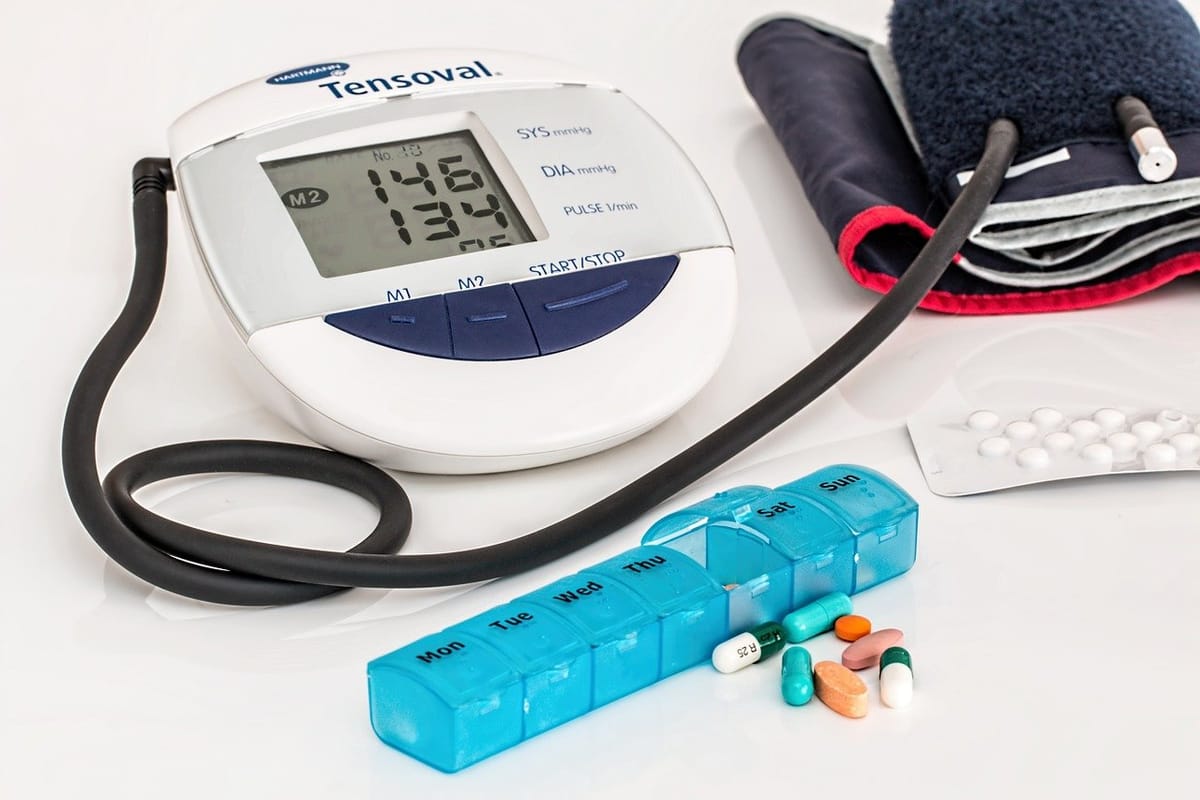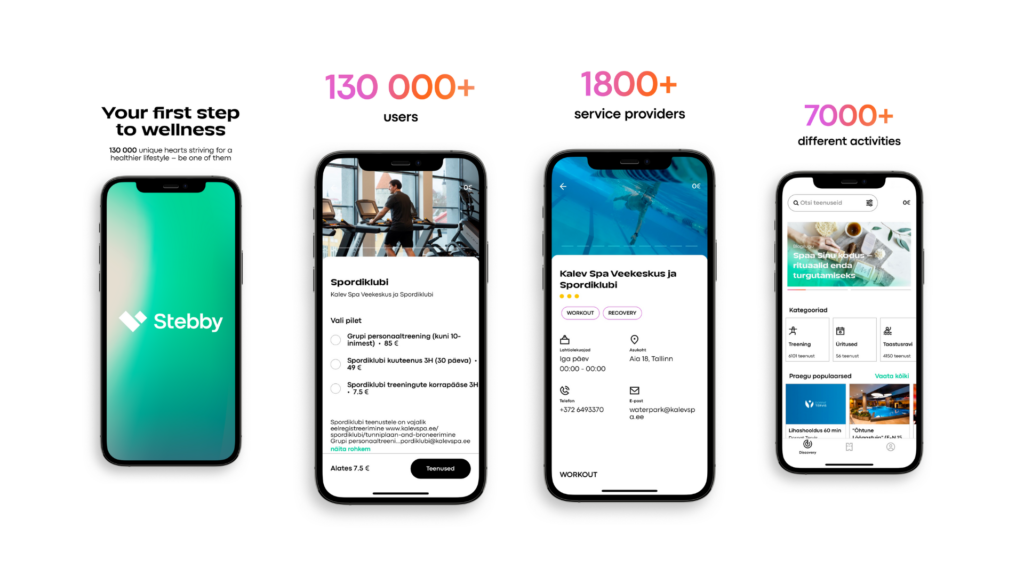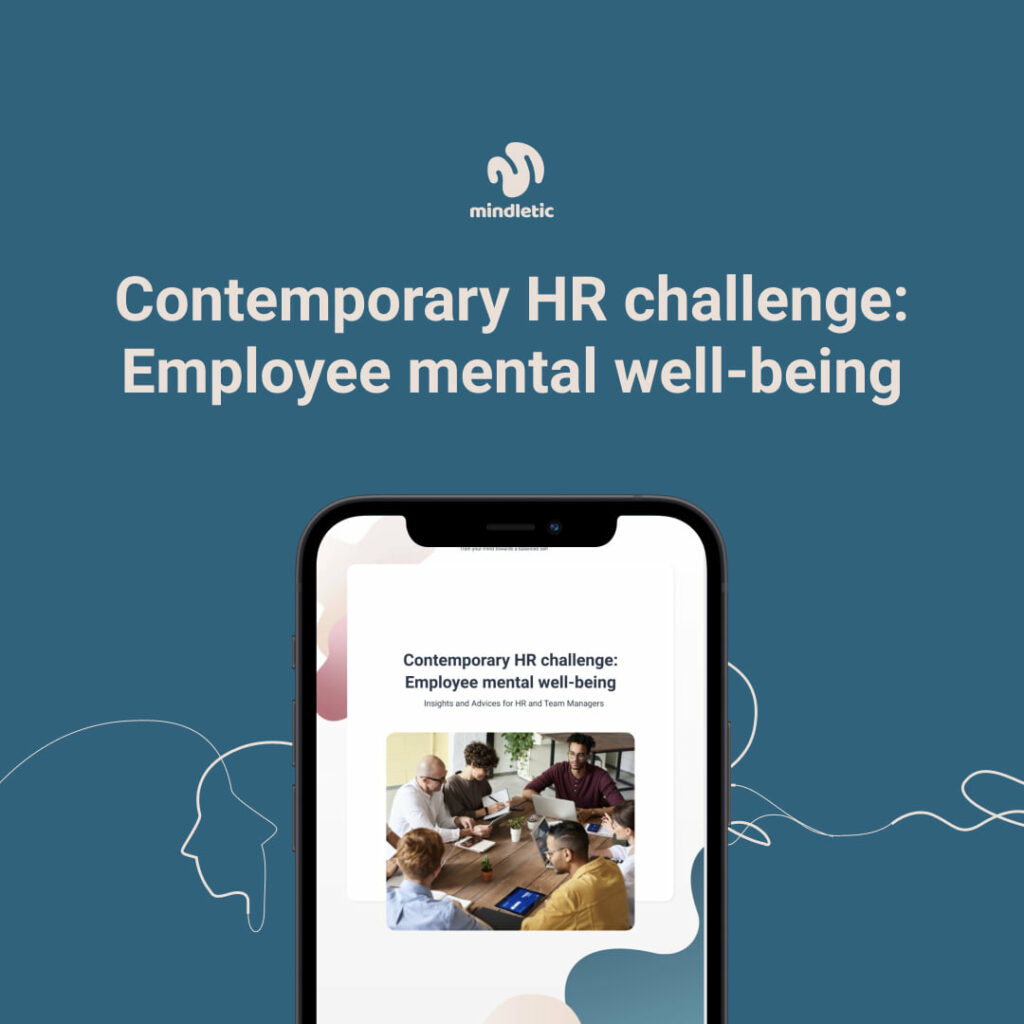
Baltic 'healthtech' startups heal body and mind
In our second deep dive into the Baltic tech business scene, CET looks at startups that take physical health and psychological well-being equally seriously, especially in the wake of the global pandemic outbreak in 2020.
Finding a niche
Modern health startups are increasingly tailor-made for different audiences and groups. While some help families with a member with dementia, others can spot symptoms of potential illnesses and advise doctor visits. One application disinfects the air with UV-C technology, while another generates unique patient-specific datasets.
According to the Lithuanian database, 24 local startups are presently working in the health sector. The profiles of startups in such areas as sport, food, wellness and beauty can also overlap. In Estonia, together with startups working in life sciences and wellness, there are 108 working in healthtech. There is no official number for Latvian startups currently in the public sphere.
Gym, vitamins, sleeping advice for employees
Meanwhile, a number of startups such as Stebby are providing corporate services that maintain employee wellbeing. The service of the Estonia-based startup allows employers to pay employees for using Stebby to improve their health. Stebby CEO Kestutis Mackelis said a company can transfer credit – EUR 30 is the monthly average – via its system towards services an employee can use. Choices available are dependent on the service providers a company has registered for within the Stebby system: from gym, sauna and swimming-pool access, to medical services, salsa dancing lessons and vitamin pills.

The idea is to give out a “first candy”, after which employees will want to continue the activities themselves, Mackelis explained. Plenty of research has shown that happier employees are more active, loyal and productive, adding that Stebby’s client database contains not juts office employees, but also factory workers and fire-fighters.
Mackelis told CET that the idea to set up a startup came to him while collaborating with corporate clients, when he saw the wide variety of people’s interests and desires. It was necessary to find a way how to satisfy their varied needs, he said. Previously solely focussed on sport, Stebby is now interested in other fields as well and would like to advise on sleeping and psychologists. Another target is expansion beyond the Baltic market. Mackelis admits that there is more competition outside Baltic borders, but said offering discounts and other methods to reach new companies and consumers could enable Stebby to conquer foreign markets.
Psychological boost for employees
Lithuanian company Mindletic also works on employee wellbeing, albeit with a different focus. Founder and CEO Ieva Vaitkeviciute got the idea for Mindletic during the first Coronavirus wave when so many people had psychologically stressful times. Later, the idea was developed in hackathons.
The company focuses on organisations that want emotionally robust employees and to catch the exact moments when problems such as burnout occur. The Mindletic service processes data on employees, their emotional state and alerts the client if necessary. Mindletic ensures individual anonymity by collecting data from groups of 30-50.
Mindletic is partly competing with medical apps and clinics that are working on ‘psychological gyms’, Vaitkeviciute said, adding that potential partners can need persuading, given the innovative nature of the product.

For fracture injuries printed cast
In Latvia’s capital of Riga, CastPrint offers custom-made 3D printed casts for bone fractures. The company was partly inspired by the broken bones of two of the co-founders, Janis Olins recalled, leaving them unable to swim or wear favourite items of clothing. CastPrint began to produce bespoke 3D-printed casts that are lighter, thinner and more water-resistant than plaster. As the products are formed from polylactic acid plastic made of sugar cane, they are biodegradable. The startup began operations in summer 2016, and was turning out product within two years: CastPrint’s first cast was doctor-supervised and given free-of-charge to a patient with inflammation. In its second year of activity, the company sold two casts, in 2020 around 600, and then more than 1,000 in 2021. Prices range from EUR 55-110 in Latvia, and start at 120 EUR elsewhere, as CastPrint is using its home country as a test market.
Olins told CET that a 3D cast can be completed in two days, but externally applied devices take much longer. Entering the market has been tough, he added, because it is always necessary to persuade doctors and patients. Since the product is innovative, offered by only four companies worldwide, many people are doubtful. Bureaucracy is another issue: many verifications, certificates and norms must be respected, while COVID has seen health care resources reallocated for fighting the virus and its fallout. The company has thus looked into other markets, and produces casts for dogs, cats and horses. CastPrint sees potential in other services, such as rehabilitation and supervising online queues.





